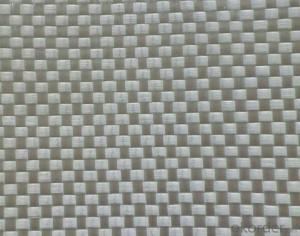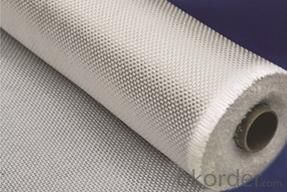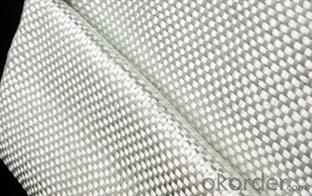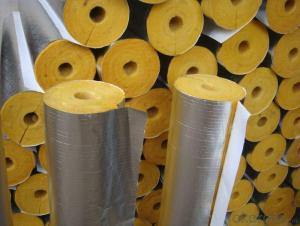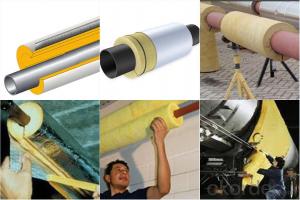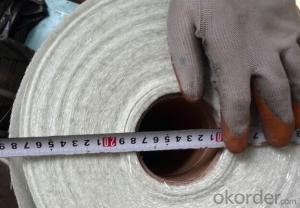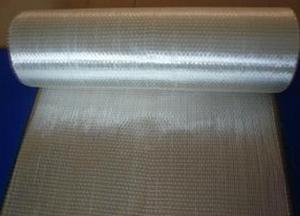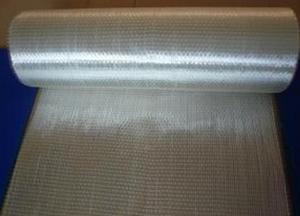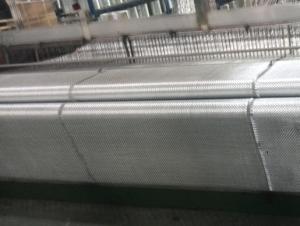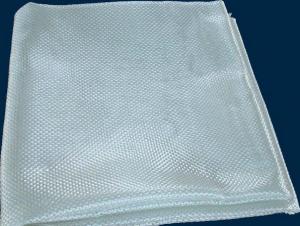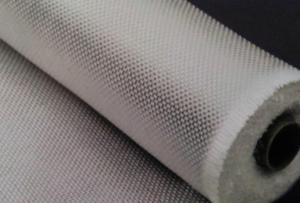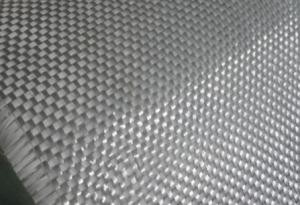Fiberglass Mat Tissue EWR 600g/m2-1000mm E Glass Fiberglass Woven Roving
- Loading Port:
- Shanghai
- Payment Terms:
- TT or LC
- Min Order Qty:
- 2000 m²
- Supply Capability:
- 50000 m²/month
OKorder Service Pledge
OKorder Financial Service
You Might Also Like
Structure of woven roving Description
1,high strenth,corosion and resistence
2,consistent thickness,no fuzz
3,rapid impregnating
4,ISO9001:2008
Glass woven rovings are bidirectional fabric by direct rovings in plain weave pattern. They are
applicable for hand lay-up,
winding and compress molding process, suitable for manufacturing tank, boat, automobile parts
and other FRP products.
Main Features of the woven roving
Consistent thickness and excellent surface treatment.
Rapid impregnating and good compatibility with resin.
Uniform tension, high dimensional stability and making handing easy.
Good mechanical properties and high strength of parts.
ISO9001 certificated
Woven roving Images
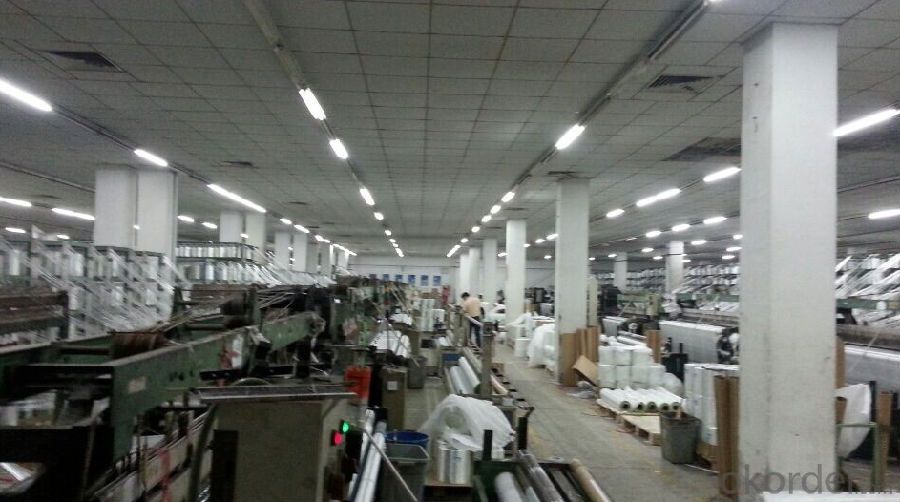
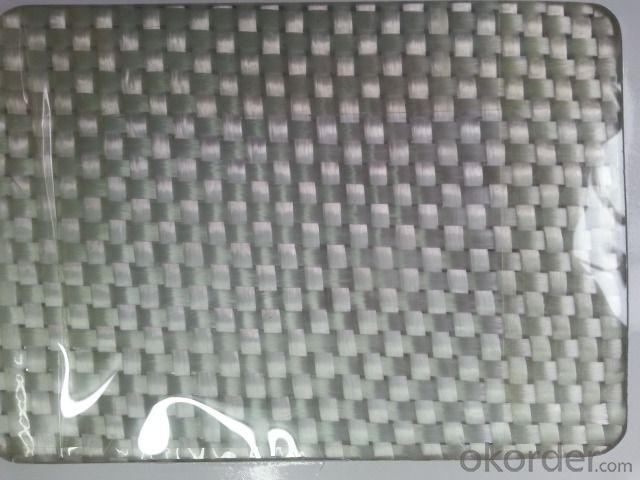
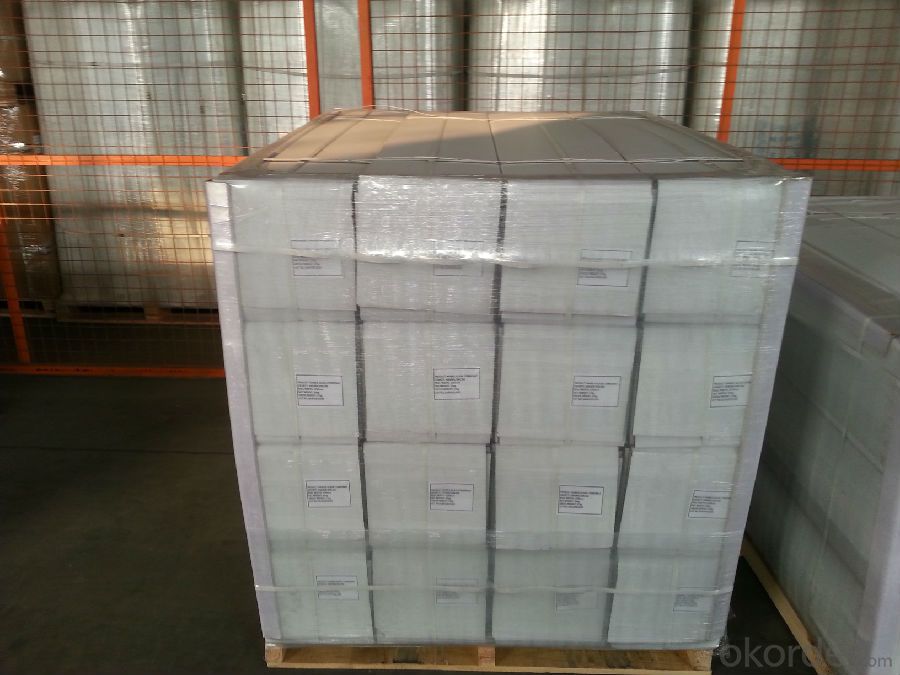
Woven roving Specification: weight& thickness
Normal type | EWR800-1000 | Test Standard |
Apperance | Good | GB/T 18370-2001 |
Density(warpxweft)(end/cm) | 1.8 X 1.5 | GB/T 7689.2-2001 |
Tex (warpxweft) | 2400x2400 | ISO1889 |
Moisture content(%) | ≤0.10 | ISO3344 |
Loss on ignition(%) | 0.40-0.80 | ISO1887 |
Glass | E-glass | N/A |
FAQ of woven roving:
Delivery Detail: 15-21days
Other spec. can be custom made as per customer's request.
- Q: Can fiberglass mat tissue be used for insulation in oil refineries?
- Yes, fiberglass mat tissue can be used for insulation in oil refineries. It is commonly used due to its excellent thermal insulation properties, resistance to high temperatures, and resistance to chemical corrosion.
- Q: Can fiberglass mat tissue be used for electrical transformers?
- Electrical transformers can utilize fiberglass mat tissue, a material with superb electrical insulation properties, as an insulation material. In the manufacturing of transformers, this material is commonly employed due to its exceptional electrical insulation characteristics. Constructed from delicate glass fibers that are firmly bonded together with a resin, fiberglass mat tissue forms a robust and long-lasting substance. Remarkably, it possesses the ability to endure high temperatures and possesses a strong dielectric strength, rendering it ideal for utilization in electrical transformers. Moreover, its lightweight and flexible nature facilitates effortless handling and installation into transformer components. Furthermore, it displays resistance against moisture, chemicals, and fire, thereby further enhancing its suitability for use in transformer applications. In conclusion, fiberglass mat tissue represents a dependable and efficient choice for insulation purposes in electrical transformers.
- Q: Can fiberglass mat tissue be used for architectural facades?
- Indeed, architectural facades can make use of fiberglass mat tissue. This lightweight and flexible material finds wide application in diverse construction projects, including architectural facades. It boasts numerous benefits, ranging from its impressive strength and durability to its exceptional resistance against weather and fire. Moreover, fiberglass mat tissue lends itself easily to molding into various shapes and sizes, thus proving suitable for intricate and distinctive architectural designs. Its adaptability and visual allure render it a favored option among architects and designers when aiming to fashion visually pleasing and practical facades.
- Q: What are the common sizes available for fiberglass mat tissue?
- The common sizes available for fiberglass mat tissue vary, but typically range from 1.27 meters (50 inches) to 2.54 meters (100 inches) in width, and can be customized to desired lengths by manufacturers.
- Q: Is fiberglass mat tissue suitable for insulation in wastewater treatment plants?
- Yes, fiberglass mat tissue is suitable for insulation in wastewater treatment plants. It is a commonly used material for insulation due to its excellent thermal resistance, resistance to moisture and chemicals, and its ability to withstand high temperatures. Additionally, fiberglass mat tissue is lightweight and easy to install, making it an efficient choice for insulation in wastewater treatment plants.
- Q: How does fiberglass mat tissue compare to other types of insulation materials?
- Fiberglass mat tissue stands out as an insulation material with distinct characteristics and benefits when compared to other options. To begin with, its thermal insulation properties are remarkable. With its low thermal conductivity, it effectively minimizes heat transfer between the inside and outside of buildings. As a result, it helps maintain cooler temperatures in summer and warmer temperatures in winter, leading to energy savings and enhanced comfort. Moreover, fiberglass mat tissue excels in sound insulation. It effectively reduces noise transmission through walls and floors, creating a calm and peaceful indoor environment. This is particularly advantageous in commercial buildings, where noise reduction plays a vital role in productivity and customer satisfaction. Notably, fiberglass mat tissue is lightweight and flexible, making it easy to handle and install. It can be easily tailored to fit around obstacles such as pipes and ducts, ensuring a tight and efficient insulation barrier. This simplifies installation, saving time and labor costs during construction or renovation projects. Another significant advantage of fiberglass mat tissue is its fire resistance. As a non-combustible material, it does not contribute to the spread of fire. This is especially crucial in buildings prioritizing fire safety, such as hospitals, schools, and residential properties. Furthermore, fiberglass mat tissue is durable and long-lasting. It does not degrade or lose its insulation properties over time, guaranteeing consistent energy efficiency and performance for many years. This durability makes it a cost-effective choice, reducing the need for frequent replacement or maintenance. Lastly, fiberglass mat tissue is environmentally friendly. It is manufactured using recycled glass and sand, decreasing the demand for raw materials. Additionally, it is recyclable at the end of its lifespan, reducing waste and promoting sustainability. In conclusion, fiberglass mat tissue offers exceptional thermal and sound insulation, effortless installation, fire resistance, durability, and environmental benefits. While other insulation materials may present their own advantages, fiberglass mat tissue remains a versatile and reliable option for diverse applications.
- Q: Is fiberglass mat tissue resistant to compression?
- Indeed, compression resistance is a quality possessed by fiberglass mat tissue. Comprising numerous layers of delicate glass fibers that are bound together by a binder, this material exhibits exceptional structural integrity and strength. Consequently, it can endure substantial loads without distorting or compromising its shape. This remarkable attribute renders fiberglass mat tissue highly sought-after in numerous sectors, including construction, automotive, aerospace, and marine industries, where resistance to compression is imperative. Furthermore, fiberglass mat tissue is renowned for its exceptional dimensional stability, which further augments its ability to withstand compression.
- Q: Can fiberglass mat tissue be used for flooring applications?
- No, fiberglass mat tissue is not typically used for flooring applications. It is commonly used in industries such as automotive, construction, and marine for insulation, reinforcement, and insulation purposes. Flooring applications usually require different materials such as tiles, hardwood, laminate, or vinyl.
- Q: Is fiberglass mat tissue resistant to mold and mildew?
- Yes, fiberglass mat tissue is resistant to mold and mildew due to its non-porous and moisture-resistant properties.
- Q: Is fiberglass mat tissue suitable for insulation in pharmaceutical plants?
- Insulation in pharmaceutical plants cannot be accomplished with fiberglass mat tissue, as it does not meet the necessary criteria. The insulation materials used in pharmaceutical plants must fulfill specific requirements, including being non-porous, non-shedding, and resistant to moisture and chemicals. Unfortunately, fiberglass mat tissue is a porous substance that can shed fibers, posing a risk of contamination to the pharmaceutical production environment. Moreover, it may not offer sufficient protection against moisture and chemicals, both of which are prevalent in pharmaceutical plants. To ensure compliance with the required standards and regulations for insulation in these delicate environments, it is advisable to utilize insulation materials that are explicitly designed and certified for pharmaceutical applications.
Send your message to us
Fiberglass Mat Tissue EWR 600g/m2-1000mm E Glass Fiberglass Woven Roving
- Loading Port:
- Shanghai
- Payment Terms:
- TT or LC
- Min Order Qty:
- 2000 m²
- Supply Capability:
- 50000 m²/month
OKorder Service Pledge
OKorder Financial Service
Similar products
Hot products
Hot Searches
Related keywords
